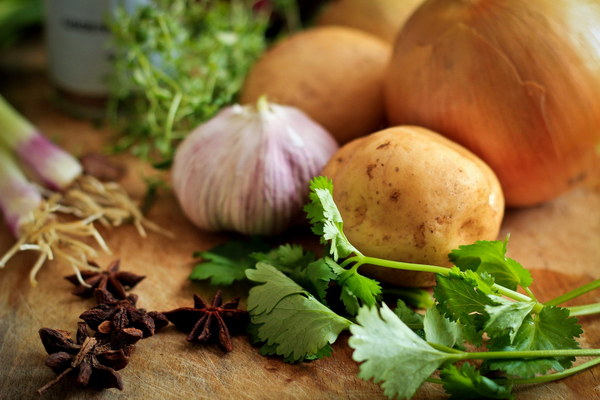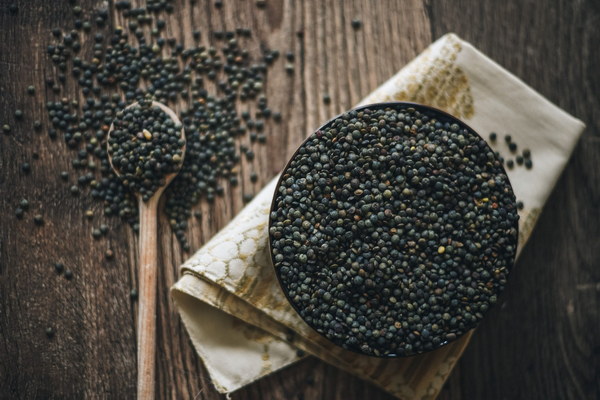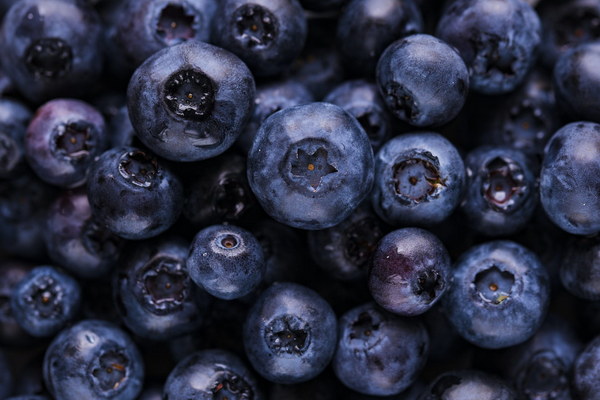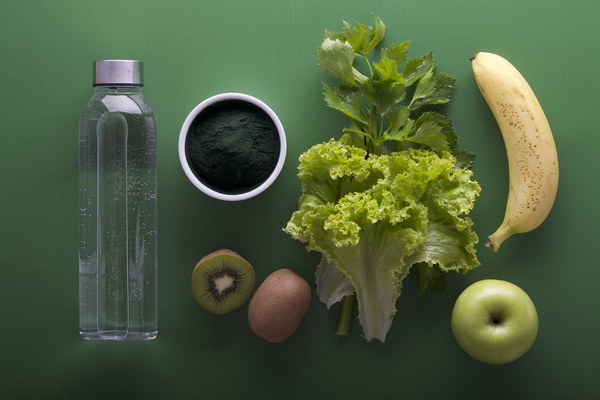How to Nourish and Maintain Elderly Health A Comprehensive Guide
Elderly care is a vital aspect of ensuring the well-being and quality of life for our aging population. As the body ages, it becomes more susceptible to various health issues. Therefore, it is crucial to adopt a holistic approach to nourish and maintain the health of elderly individuals. Here’s a comprehensive guide on how to do just that.
Understanding Elderly Nutrition
1. Balanced Diet: A balanced diet rich in essential nutrients is the cornerstone of elderly health. This includes a variety of fruits, vegetables, whole grains, lean proteins, and healthy fats.
2. Protein Intake: Adequate protein is essential for muscle maintenance and repair. Good sources of protein include poultry, fish, eggs, dairy, legumes, and nuts.
3. Vitamin and Mineral Supplements: As the body’s ability to absorb nutrients decreases with age, supplements may be necessary. Consult a healthcare provider to determine which ones are appropriate.
4. Hydration: Staying hydrated is crucial for elderly individuals, as dehydration can lead to serious health issues. Encourage them to drink plenty of water throughout the day.
Physical Activity
1. Regular Exercise: Regular physical activity helps maintain muscle strength, flexibility, and balance, reducing the risk of falls. Activities such as walking, swimming, yoga, or tai chi are excellent choices.
2. Mobility: Encourage elderly individuals to maintain their mobility by using assistive devices like canes or walkers if needed and by practicing safe mobility techniques.
3. Strength Training: Strength training exercises can help improve muscle tone and reduce the risk of osteoporosis. Consult a physical therapist or trainer for appropriate exercises.
Mental Stimulation
1. Brain Games: Engaging in activities that challenge the brain, such as puzzles, reading, or learning a new skill, can help maintain cognitive function.
2. Social Interaction: Encourage elderly individuals to stay socially active, as it has been shown to improve mental health and reduce the risk of depression.
3. Memory Support: Support memory retention by providing a structured daily routine, maintaining a healthy diet, and ensuring adequate sleep.
Sleep and Rest
1. Quality Sleep: Good sleep is essential for overall health. Create a comfortable sleep environment and establish a consistent sleep schedule.
2. Rest Periods: Encourage elderly individuals to take regular rest periods, especially after physical activity, to prevent exhaustion.
Stress Management
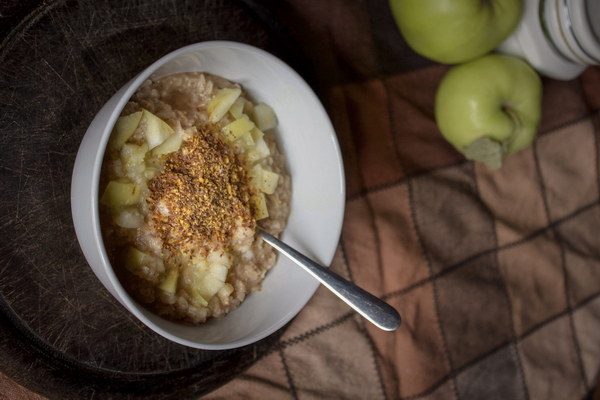
1. Mindfulness and Relaxation: Teach elderly individuals stress-reduction techniques such as deep breathing, meditation, or progressive muscle relaxation.
2. Healthy Coping Strategies: Encourage them to find healthy ways to cope with stress, such as exercise, hobbies, or talking to friends and family.
Healthcare and Preventative Care
1. Regular Check-ups: Encourage elderly individuals to have regular healthcare check-ups to monitor their health and address any issues promptly.
2. Preventative Measures: Implement measures to prevent common health issues, such as vaccinations, fall prevention strategies, and maintaining a healthy weight.
3. Support System: Ensure that elderly individuals have a strong support system in place, including family, friends, and healthcare professionals.
In conclusion, nourishing and maintaining the health of elderly individuals requires a multi-faceted approach that addresses their physical, mental, and emotional needs. By following this comprehensive guide, caregivers and family members can help ensure that their loved ones enjoy a high quality of life as they age.

![Discover the Beauty Secrets at Yuxi Huamao Beauty Salon - Contact Us at [Phone Number]!](http://img.bluepurple.cn/a/养生/191/Discover-the-Beauty-Secrets-at-Yuxi-Huamao-Beauty-Salon-Contact-Us-at-Phone-Number.jpg)
